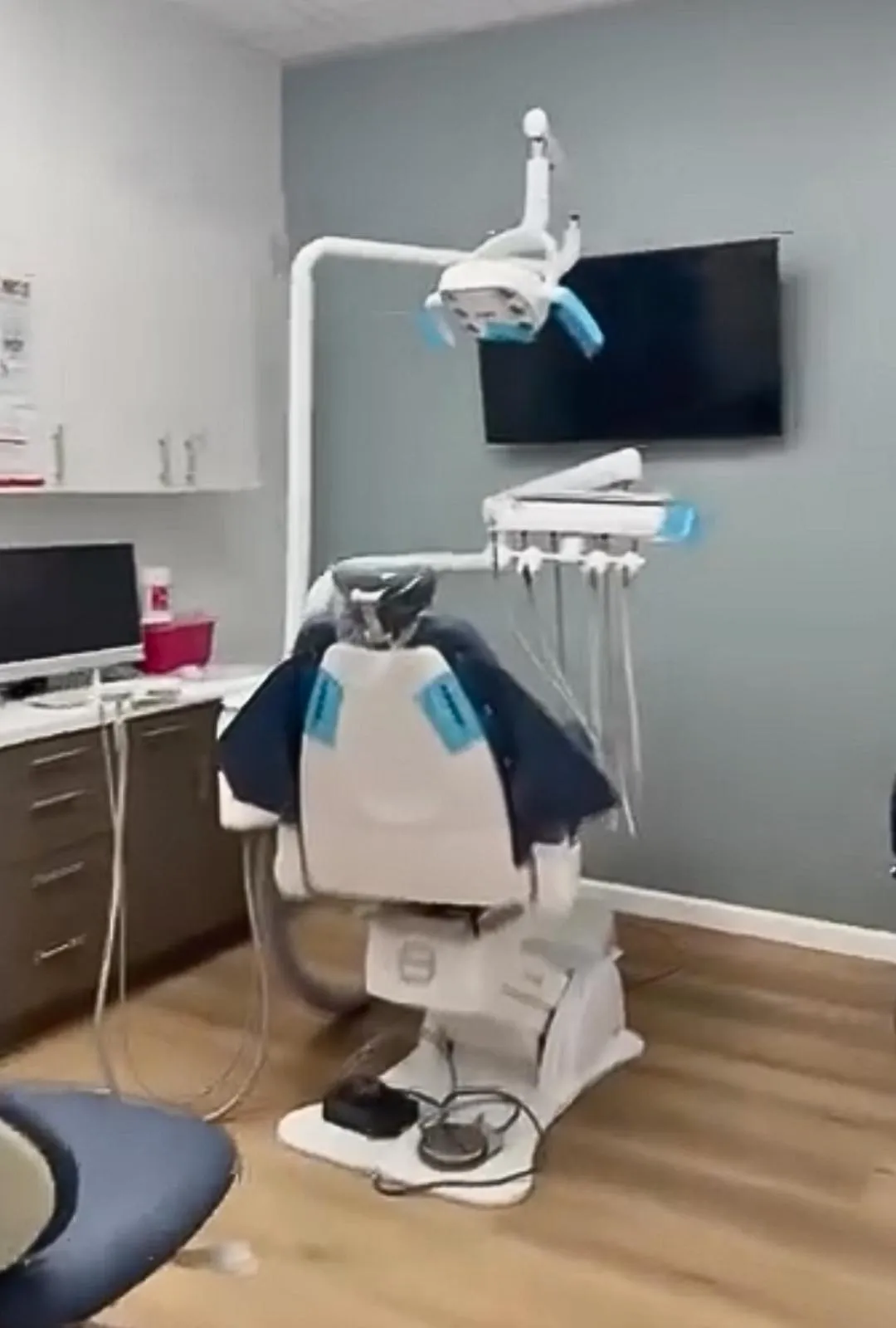
How Medications and Oral Health Affect Your Heart
Did you know that the medications you take—and how you care for your mouth—can affect more than just your smile? In fact, poor oral health has been linked to serious medical conditions, including heart disease.
Understanding the relationship between medications, dry mouth, and cardiovascular health can help you take smarter steps toward whole-body wellness.
Medications and Their Impact on Oral Health
Many common medications can negatively affect your teeth and gums, often in ways patients don’t realize.
Dry Mouth (Xerostomia)
Dry mouth is a frequent side effect of medications such as:
Antihistamines
Diuretics
Decongestants
Pain relievers
Dry mouth can also be caused by:
Diabetes
Eating disorders
Aging or autoimmune diseases (like rheumatoid arthritis)
Tobacco use
Garlic supplements
Saliva plays a key role in rinsing away food particles and bacteria. Without enough saliva, your mouth becomes more prone to:
Bad breath
Burning tongue syndrome
Tooth decay
Gum disease
Difficulty speaking or swallowing
If you experience a sensitive tongue, constant thirst, or have trouble speaking, dry mouth could be the cause.
Tip: Always ask your physician or pharmacist whether your prescribed medications may affect oral health.
The Link Between Gum Disease and Heart Health
Medical research has established a strong connection between periodontal disease and heart disease. Inflammation and bacteria from chronic gum infections can enter the bloodstream and trigger a harmful chain reaction in the body.
How It Happens:
Gum infection leads to inflammation and bacterial buildup.
Bacteria enter the bloodstream and reach the liver.
The liver releases proteins that contribute to arterial plaque and cardiovascular inflammation.
Studies have shown that gum disease may pose risks equal to or greater than smoking when it comes to cardiovascular health.
Antibiotic Prophylaxis: When You Might Need It
During dental procedures that cause bleeding (like extractions or deep cleanings), oral bacteria can enter your bloodstream. Most people’s immune systems clear the bacteria without any issue.
However, if you have certain heart conditions, your risk of developing infective endocarditis (a potentially serious heart infection) increases.
You may need antibiotics before dental treatment if you have:
A history of heart valve replacement
Certain congenital heart defects
A weakened immune system
A history of infective endocarditis
Tip: Always inform your dentist of your full medical history before undergoing any procedure.
Prevention Is the Best Protection
To protect your heart and oral health:
Brush and floss daily
Visit your dentist at least twice a year
Treat gum disease early
Manage dry mouth with hydration, sugar-free lozenges, and good oral hygiene
Ask your dentist and doctor about possible drug side effects
Your oral health is more connected to your overall health than you might think. Book your next dental visit today to keep your mouth—and your heart—in the best possible shape.









